-
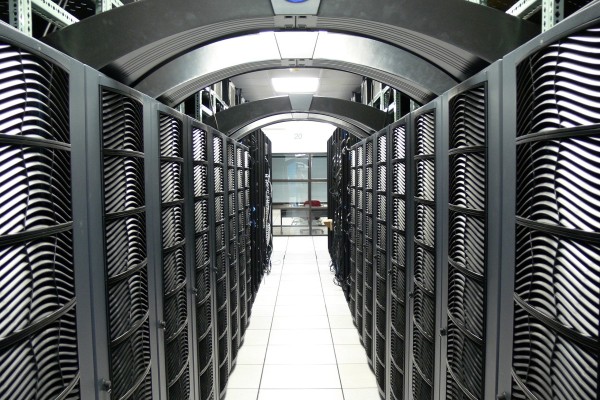
Water woes from data centres
As artificial intelligence grows, data centres are consuming vast amounts of water for cooling and electricity. Often hidden behind corporate secrecy, this demand strains local supplies, pits tech giants against farmers, and fuels conflicts worldwide. Canada is only beginning to confront the environmental costs of hosting such facilities.
-
_600_400_90_s_c1.jpg)
The left should defend democracy, not Ottawa’s bid to curb the notwithstanding clause
Ottawa wants the Supreme Court to curb provincial use of the notwithstanding clause, but progressives shouldn’t cheer. Limiting Section 33 risks eroding democratic accountability and inflaming national unity tensions. Dónal Gill argues the left must reclaim defence of parliamentary sovereignty, even when its uses are politically uncomfortable.
-
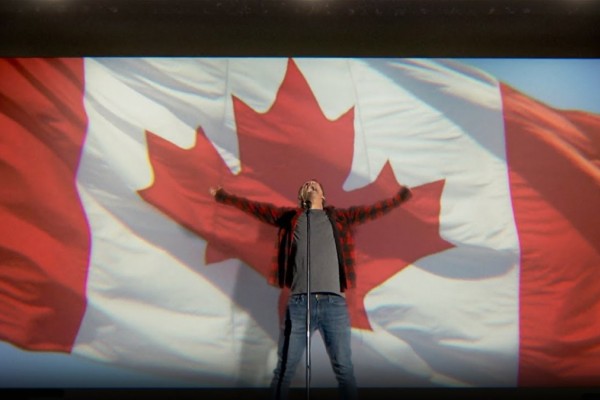
Resisting Canada’s ‘elbows up’ colonialism
Canada’s new “elbows up” nationalism frames itself as resistance to Trump and US expansionism—but it risks recycling colonial myths. By glossing over the Mohawk Resistance and ongoing land theft, patriotic rhetoric hides violence against Indigenous peoples. Real strength means truth, reconciliation, and resisting colonialism, not shallow nostalgia.
-
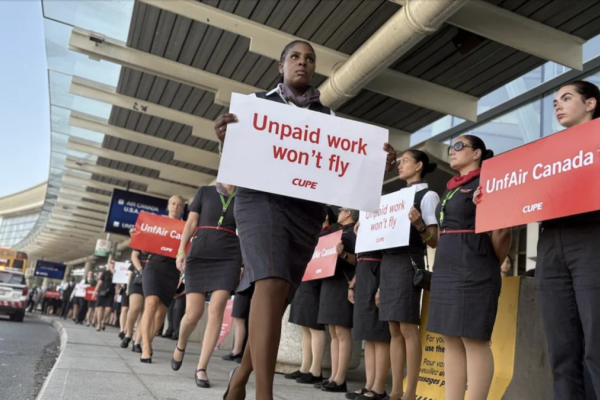
Taking stock of the Air Canada strike
The recent Air Canada flight attendants’ strike showcased remarkable defiance against exploitative conditions and government strike-breaking, inspiring workers across Canada. Yet, the imposed settlement exposed serious limits on union democracy and bargaining power. The struggle offers both a powerful example of resistance and a warning for future labour battles.
-
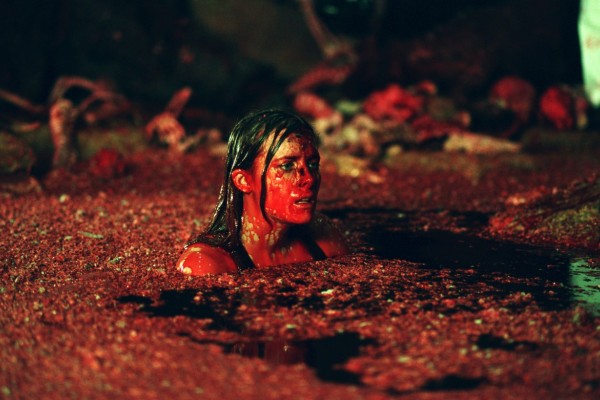
Churning up the ground: Laura Hall on horror as the ‘primary film genre of settler colonialism’
Countless books have explored the sociopolitical foundations of horror—its entanglements with gender, Blackness, madness, war and capitalism. Yet surprisingly little attention has been paid to the genre’s relationship with settler colonialism, despite the enduring prominence of the “Indian burial ground” trope in the earlier decades of the genre.
-

Mark Carney’s silence on Venezuela reveals complicity
On September 2, the US military bombed a boat in the Caribbean, killing 11 civilians. Regional leaders denounced the attack as murder, but Canadian Prime Minister Mark Carney remained silent. His stance reflects a deeper history of hostility toward Venezuela, including blocking its gold reserves while governor of the Bank of England.
-
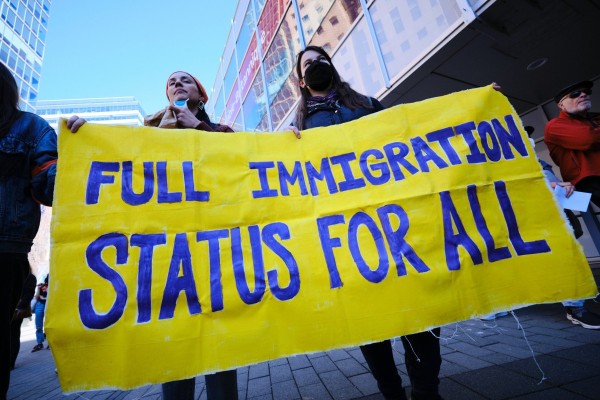
Canada’s immigration system and the erasure of artistic labour
Canada must recognize that artistic labour is labour. It is intellectual, cultural, and spiritual work that enriches society and deserves structural recognition. Immigration policy must account for the contributions of artists, scholars, and community builders whose work does not fit neatly into economic categories but whose impact is undeniable.
-
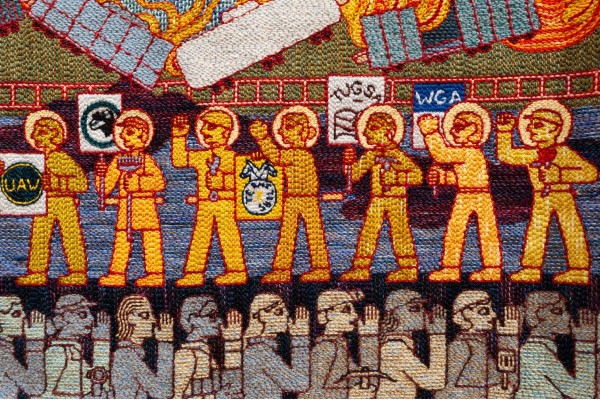
Labour needs culture and culture needs labour
The Art of Solidarity highlights the deep ties between labour and culture, showing how workers’ creativity fuels resistance, solidarity, and visions for justice. Tracing Canada’s labour arts traditions—from theatre to murals and festivals—the book demonstrates that culture is not a luxury but a vital force in shaping collective futures.
-
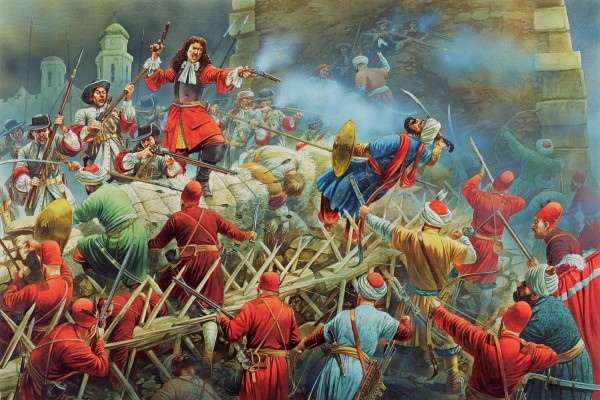
Settler colonial solidarity and me
Larry Haiven reflects on how childhood lessons in empire, whiteness, and settler-colonial loyalty shaped his subconscious sympathies during the Siege of Vienna. Using historical and personal narratives, he explores why Western nations support Israel, revealing the intertwining of race, empire, and inherited biases in both individual perspectives and global politics.
-

Progressive nationalism and the fight for Canadian sovereignty
The threat to Canadian sovereignty is real and it demands a renewed analysis and a third wave of progressive nationalism to meet the challenges of the post-globalization era of authoritarian US imperialism. The fight for Canada is the central political issue of our time and it will inevitably unite or divide Canadian labour and social movements.



